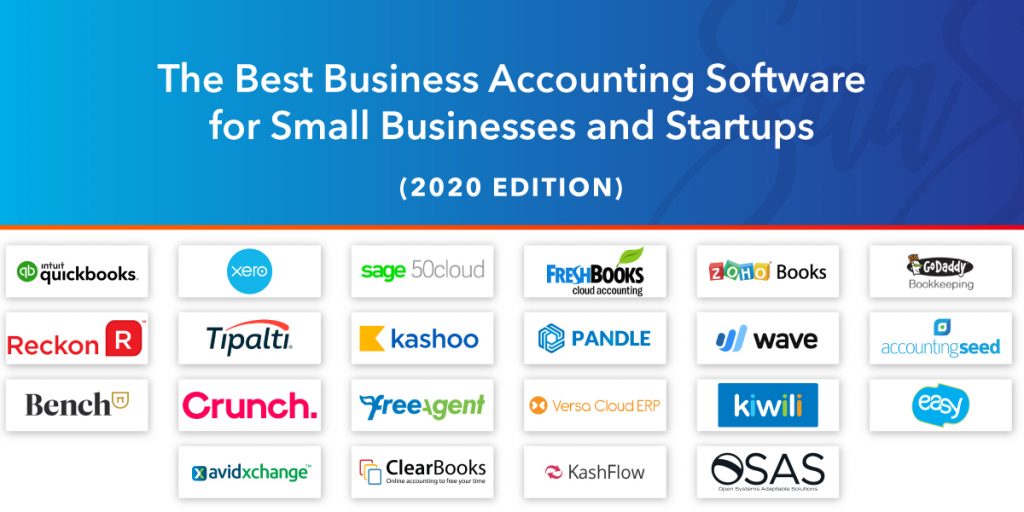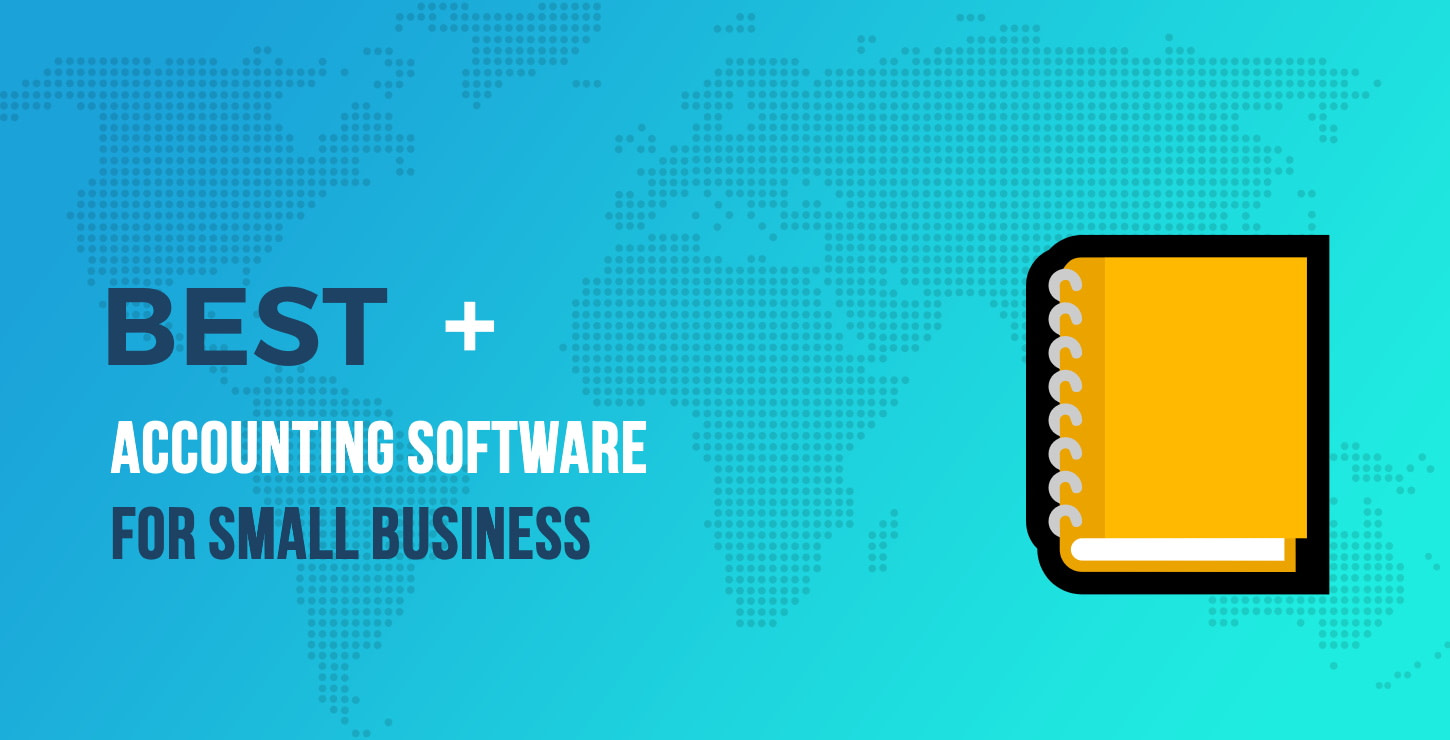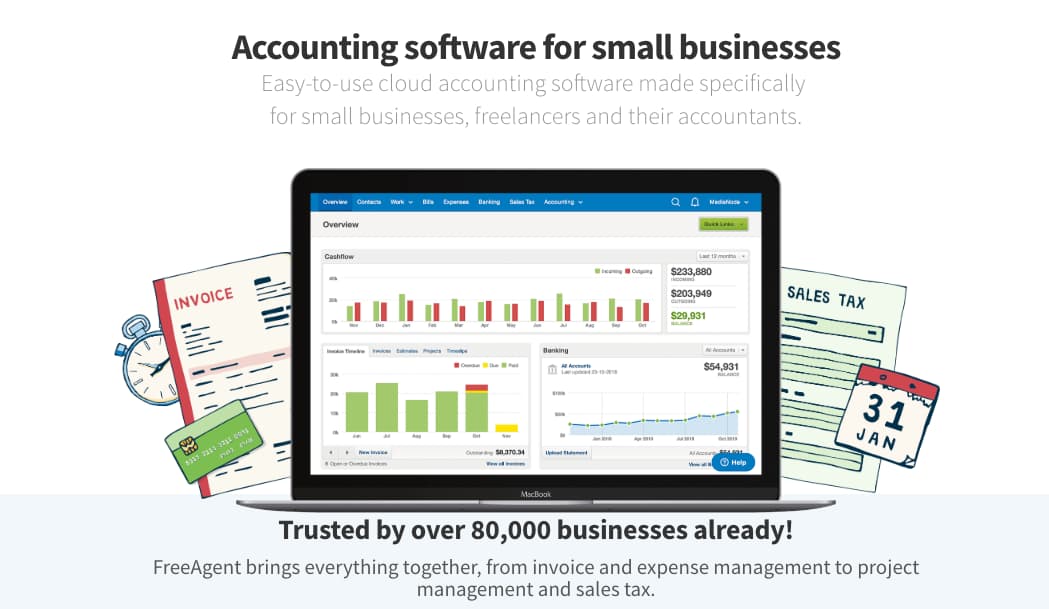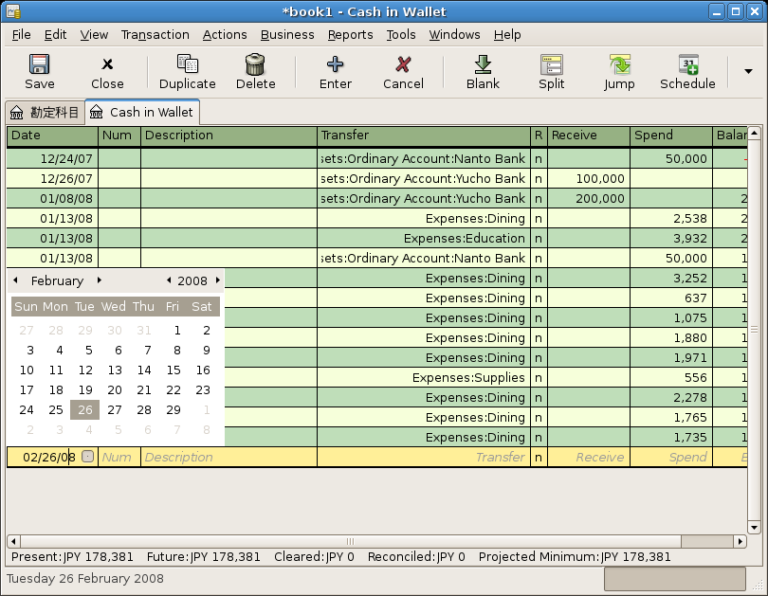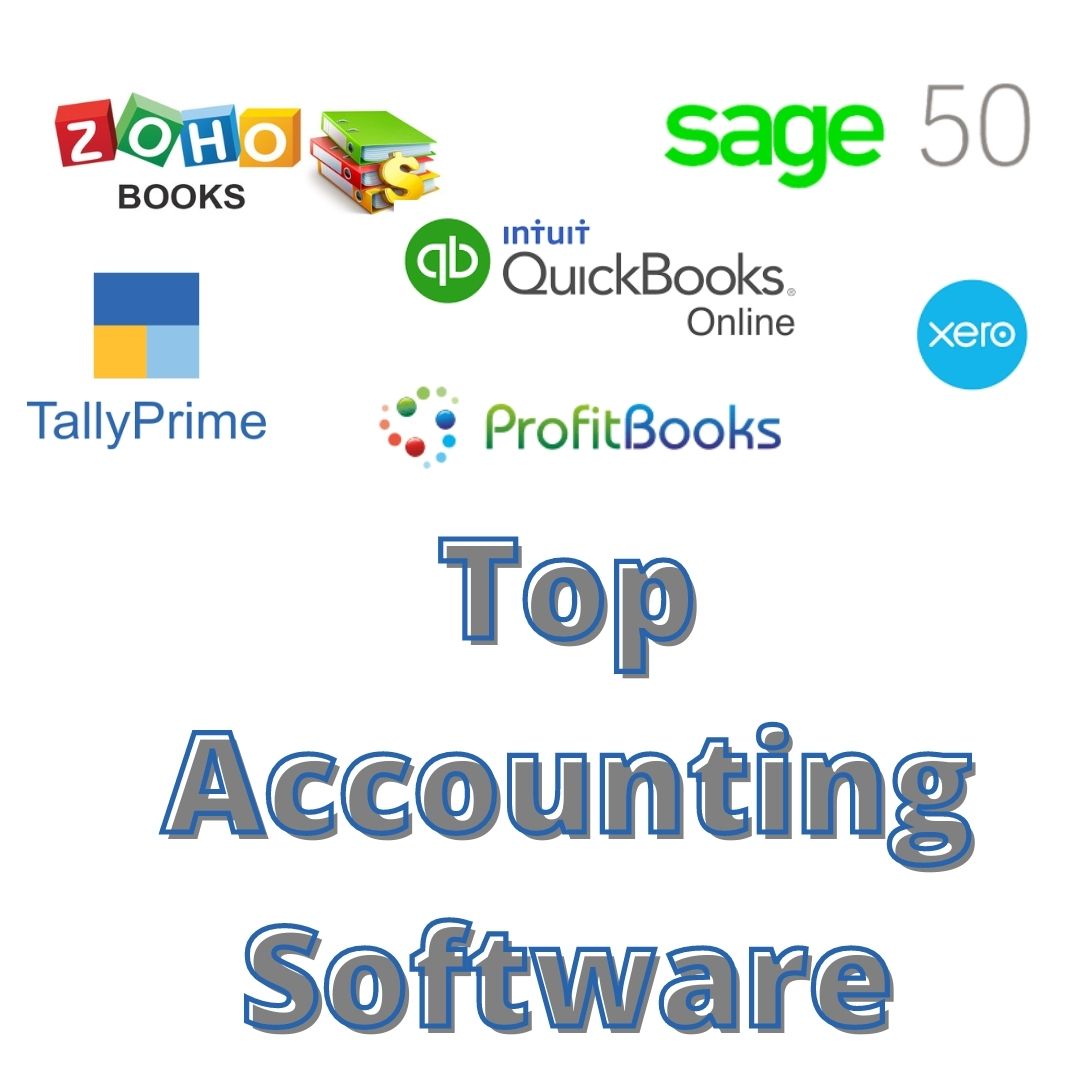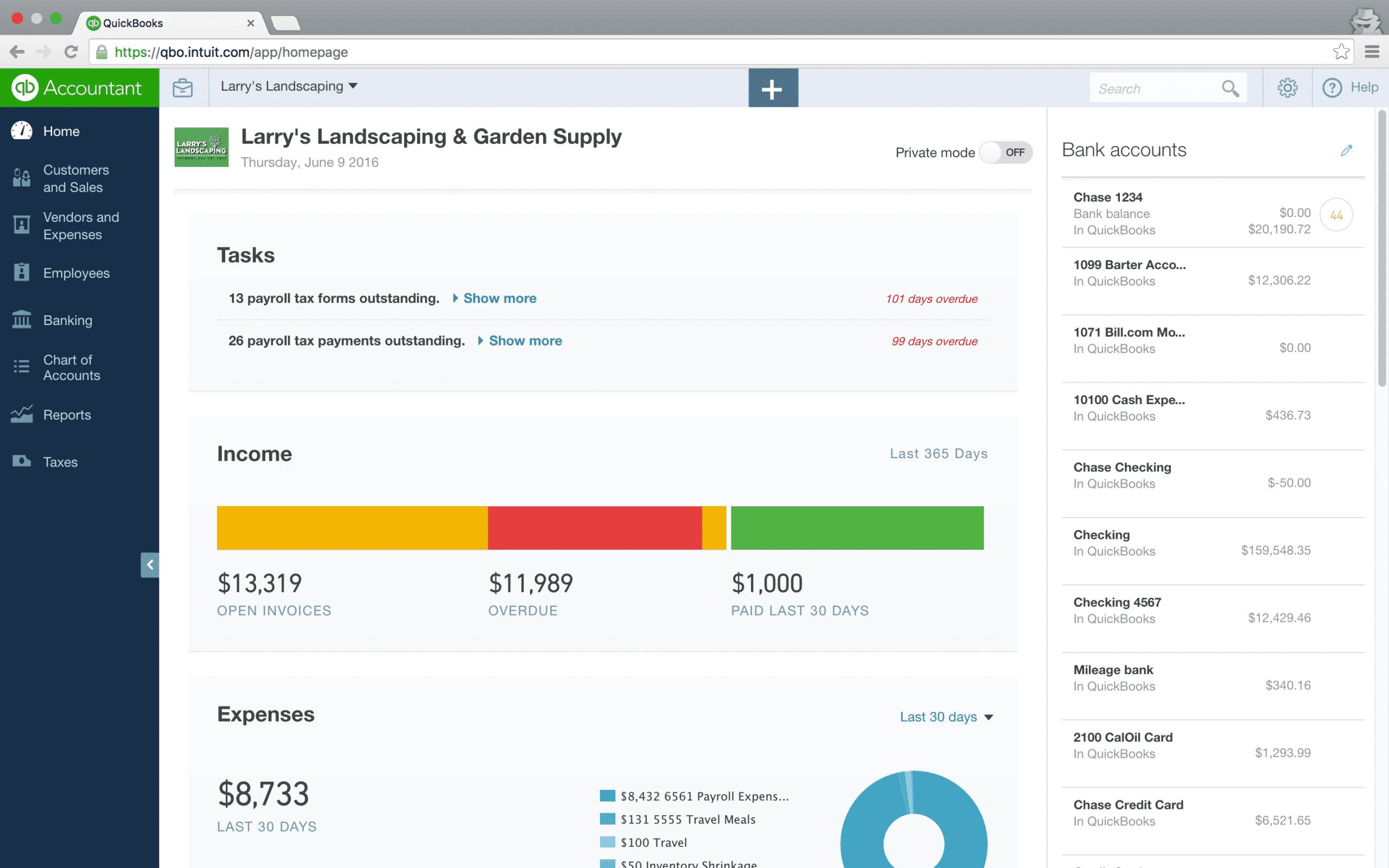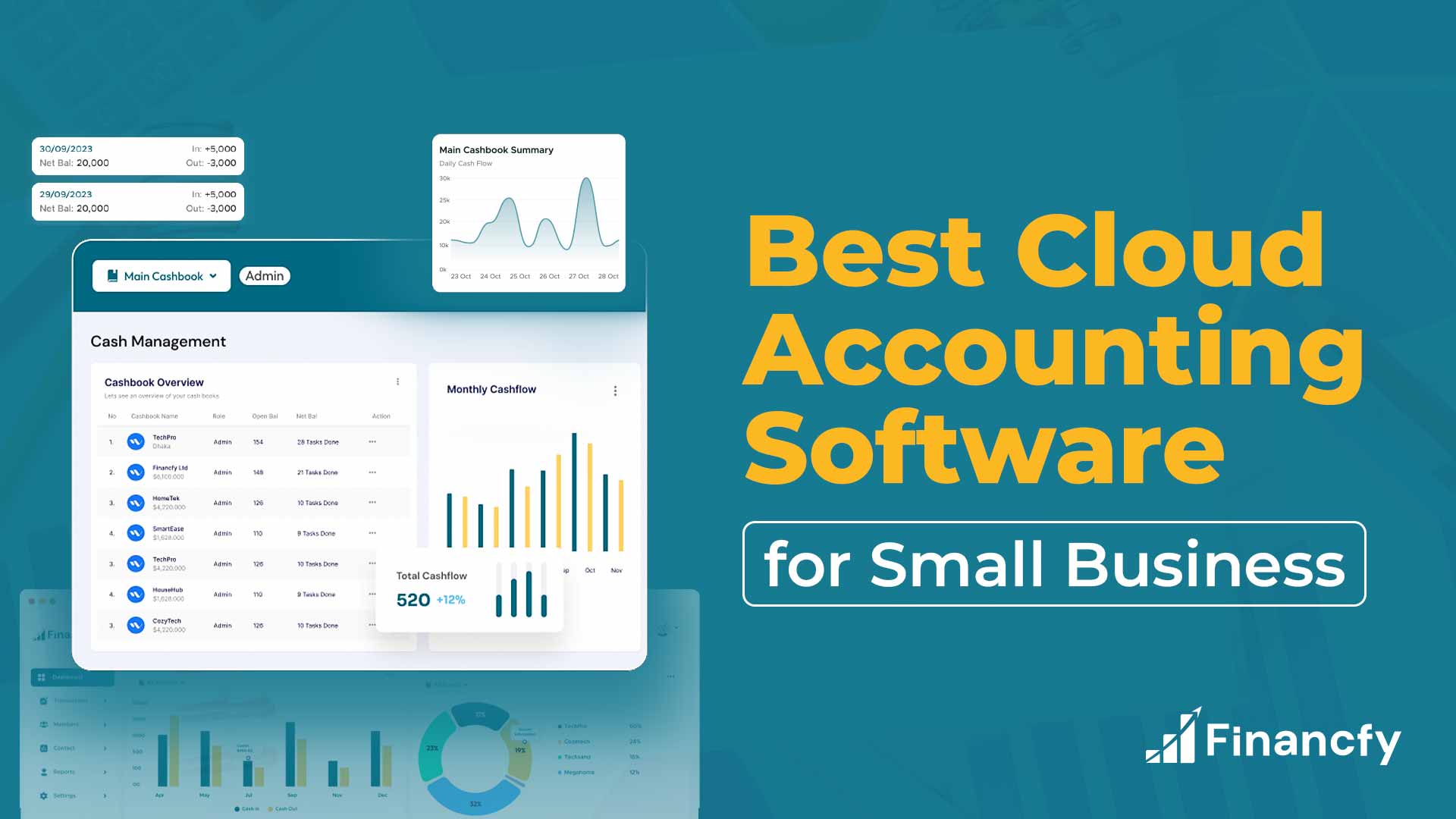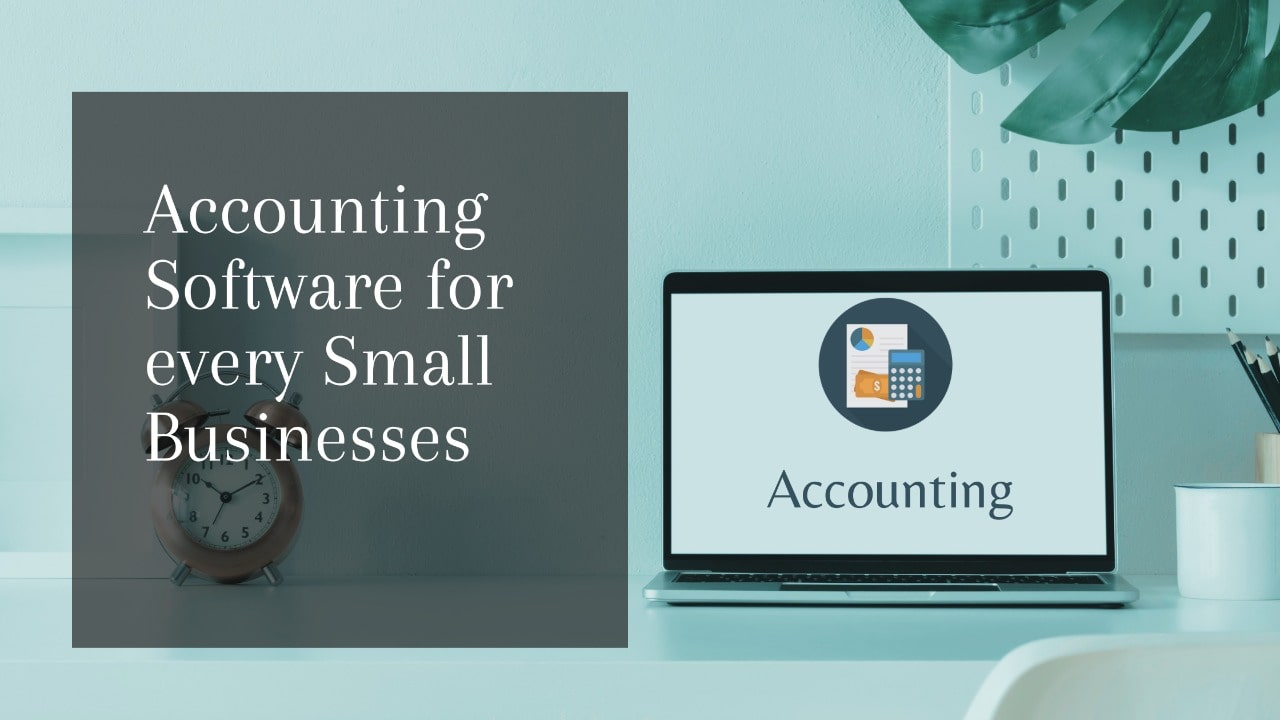List Of Accounting Software For Small Business

For small business owners, the right accounting software isn't just a convenience; it's a lifeline. Navigating the complexities of financial management, from tracking expenses to generating invoices, can quickly become overwhelming, especially when juggling numerous other responsibilities. Selecting the optimal software is paramount, but the sheer volume of choices can be daunting, leading many entrepreneurs to delay this crucial decision or settle for inadequate solutions.
This article provides a curated list of accounting software designed specifically for small businesses, offering a detailed overview of their features, pricing, and suitability for different needs. We aim to empower small business owners with the knowledge to make informed decisions, streamlining their accounting processes and fostering sustainable growth. This allows them to focus on what they do best: growing their businesses.
Popular Accounting Software Options
QuickBooks Online
QuickBooks Online remains a dominant force in the small business accounting landscape. Known for its user-friendly interface and comprehensive features, it caters to a wide range of industries. Its scalable pricing plans allow businesses to upgrade as their needs evolve.
Key features include income and expense tracking, invoice creation, payroll management, and detailed reporting. It also integrates seamlessly with numerous third-party apps, enhancing its functionality.
Xero
Xero is a cloud-based accounting platform lauded for its intuitive design and collaborative features. It's particularly popular among businesses seeking real-time financial insights. Xero emphasizes ease of use and accessibility from any device.
The platform offers features such as bank reconciliation, invoice tracking, inventory management, and customizable reports. Collaboration is facilitated through multi-user access and clear audit trails.
FreshBooks
FreshBooks is tailored for service-based businesses and freelancers, emphasizing invoice creation and client management. Its user interface is remarkably simple and visually appealing. It focuses on making the billing process effortless.
Its core features include professional invoice templates, automated payment reminders, time tracking, and expense tracking. It also offers project management tools to streamline workflows.
Zoho Books
Zoho Books is part of the Zoho suite of business applications, offering a comprehensive and integrated solution. This makes it a powerful option for businesses already using other Zoho products. It combines accounting functionality with CRM and other business tools.
Zoho Books offers features like invoice management, bank reconciliation, inventory management, and comprehensive reporting. Tight integration with other Zoho apps provides a unified business ecosystem.
Factors to Consider When Choosing Software
Choosing the right accounting software requires careful consideration of several factors. These include the size and complexity of the business, its specific needs, and the budget allocated for accounting tools. Scalability, ease of use, and integration capabilities are also critical factors.
Pricing models vary, with options ranging from monthly subscriptions to one-time purchases. Free trials are often available, allowing businesses to test the software before committing to a purchase. This is highly recommended to see what best fits the business's workflow.
Integration with existing business tools, such as CRM systems or e-commerce platforms, is crucial for streamlining workflows. The software's reporting capabilities should also align with the business's need for financial insights.
The Future of Accounting Software for Small Businesses
The future of accounting software for small businesses is trending towards greater automation and AI integration. This includes features like automated bank reconciliation and predictive analytics to forecast financial performance. These technologies are designed to reduce manual effort and provide valuable insights.
Cloud-based solutions will continue to dominate, offering increased accessibility and collaboration. Mobile apps will also play an increasingly important role, allowing business owners to manage their finances on the go. This flexibility is essential in today's fast-paced business environment.
As artificial intelligence evolves, small businesses can anticipate accounting software that offers even more sophisticated insights. This empowers them to make more informed financial decisions and foster sustainable growth.
